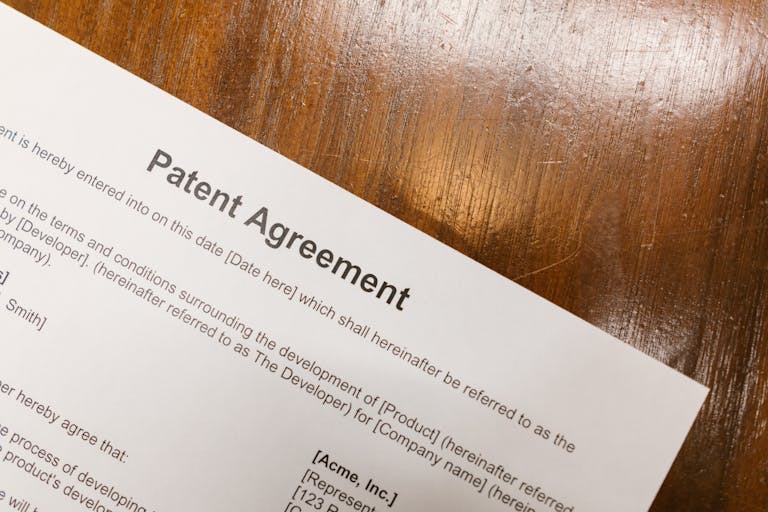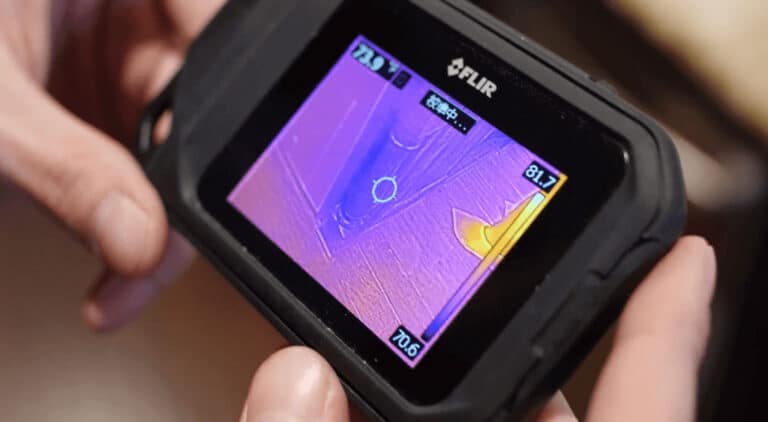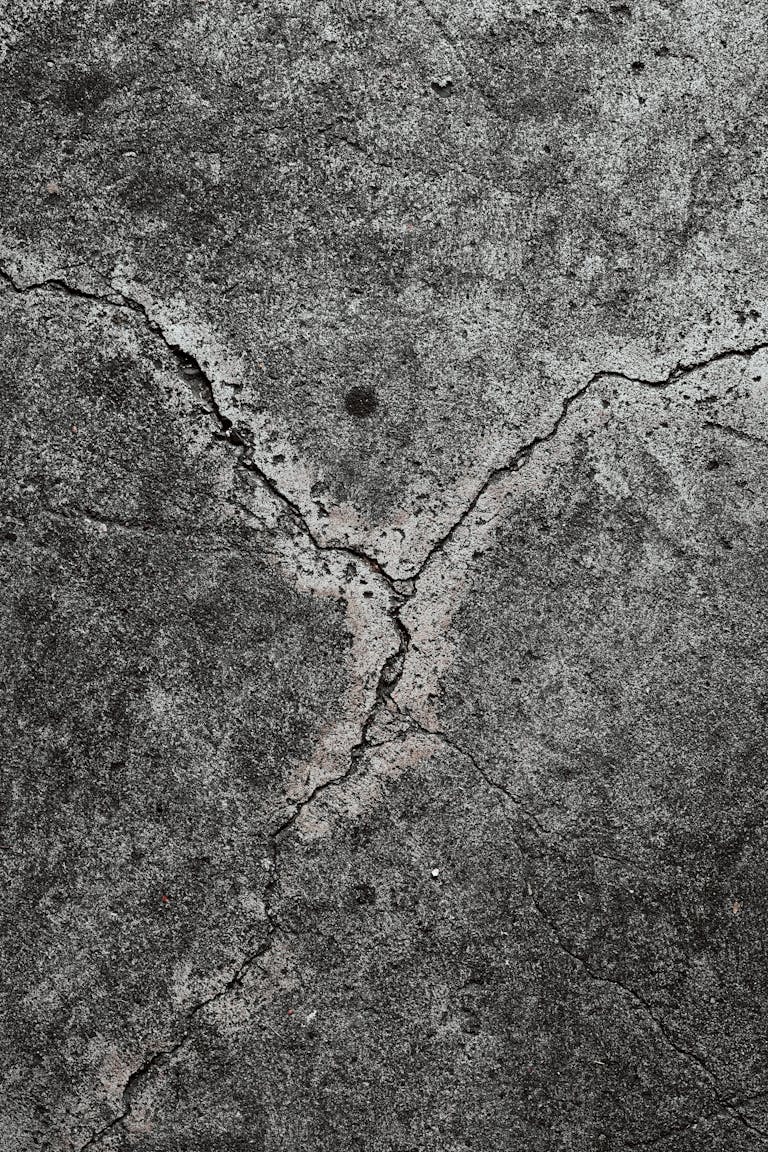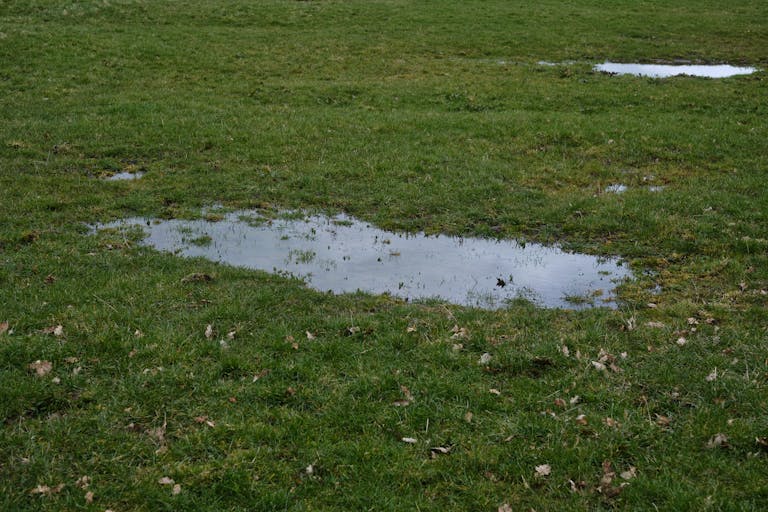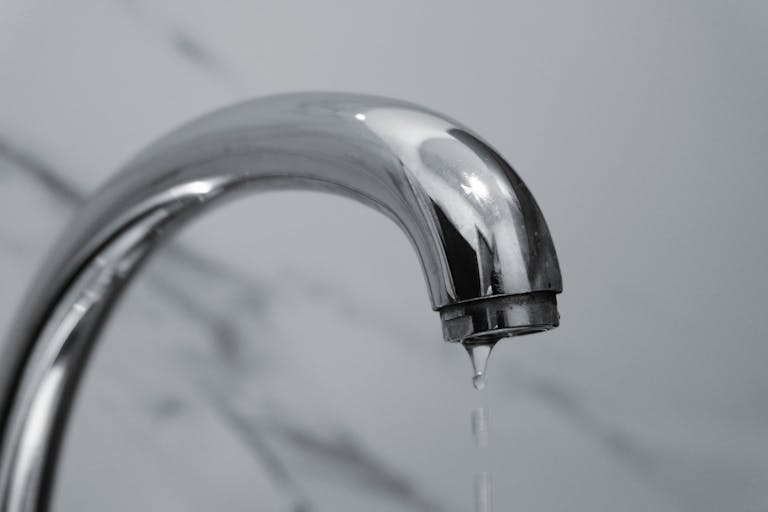The Environmental Impact of Leaks
Introduction
Leaks may seem like minor inconveniences, but their environmental impact is far from insignificant. Water leaks, as well as leaks in gas, air, and other systems, contribute to resource depletion, increased emissions, and environmental pollution. By understanding the consequences of these leaks, we can recognize the importance of prompt detection and repair, helping to protect our natural resources and reduce ecological damage. At Pegasus Leak Detection, we’re committed to educating our clients on the environmental effects of leaks and providing solutions that support both efficiency and sustainability.
Water Leaks: A Threat to Precious Resources
Water is one of our most essential resources, yet it’s also one of the most wasted. According to the Environmental Protection Agency (EPA), household leaks in the United States waste over 1 trillion gallons of water annually—enough to supply over 11 million homes with water. While these figures may seem overwhelming, they highlight the impact that undetected or ignored leaks have on both local and global water supplies.
Environmental Consequences of Water Leaks
- Resource Depletion: Freshwater is limited, and water leaks waste this precious resource. In regions already facing water scarcity, such as California and other drought-prone areas, every wasted gallon adds to the strain on local water supplies.
- Increased Energy Usage: Pumping, treating, and transporting water requires energy. When leaks cause water to be wasted, it indirectly increases energy usage and greenhouse gas emissions associated with water production.
- Impact on Aquatic Ecosystems: Water leaks in industrial and urban systems can lead to contaminated runoff entering rivers, lakes, and oceans, harming aquatic life and ecosystems. Chemicals, metals, or bacteria in the water can negatively impact plants, fish, and other wildlife.
- Soil Erosion and Habitat Loss: Underground water leaks can cause soil erosion, affecting local vegetation and destabilizing the soil structure, which may lead to habitat loss for plants and animals. Over time, this can impact entire ecosystems, especially in areas close to water sources.
Gas Leaks: Greenhouse Gas Emissions and Health Risks
While water leaks are the most visible, gas leaks pose a different set of environmental and health risks. Methane, the primary component of natural gas, is a potent greenhouse gas, with over 25 times the warming potential of carbon dioxide over a 100-year period, according to the EPA.
Environmental and Health Impacts of Gas Leaks
- Increased Greenhouse Gas Emissions: Gas leaks contribute directly to climate change. Methane emissions from undetected or unrepaired leaks increase the atmosphere’s greenhouse gas levels, accelerating global warming.
- Air Quality and Health Risks: Gas leaks, particularly in urban or densely populated areas, can degrade air quality, posing respiratory risks and increasing the risk of explosions or fires. These health hazards underscore the need for careful monitoring and prompt repair.
- Contamination of Soil and Water: Gas leaks can seep into the surrounding soil, contaminating groundwater. Over time, this can harm local ecosystems and make the land unsafe for agriculture or development.
Air Leaks: Energy Waste and Increased Carbon Footprint
Though often overlooked, air leaks in HVAC, compressed air systems, and other pressurized systems contribute to energy inefficiency and higher operating costs. For example, according to Energy Star, air leaks in a typical U.S. home waste 20-30% of the energy used for heating and cooling.
Environmental Impacts of Air Leaks
- Increased Energy Demand: Leaks in compressed air or HVAC systems mean that equipment has to work harder to maintain desired temperature or pressure levels, leading to increased energy consumption and higher utility bills.
- Carbon Footprint Expansion: The additional energy required to compensate for air leaks often comes from fossil fuel-based energy sources, leading to higher carbon emissions and exacerbating climate change.
- Industrial Waste: In manufacturing and other industrial settings, compressed air leaks can waste significant resources, requiring more frequent equipment replacements and increased maintenance, which adds to the industry’s environmental footprint.
Broader Environmental Consequences of All Types of Leaks
Beyond the immediate effects on resources like water, gas, and energy, leaks of all types have far-reaching environmental consequences that impact ecosystems, wildlife, and our planet as a whole.
Soil and Water Contamination
Leaks in industrial systems can lead to the release of hazardous substances, chemicals, and toxins, contaminating both soil and water sources. Over time, these contaminants can accumulate in the food chain, harming plants, animals, and eventually humans.
Waste of Non-Renewable Resources
Leaks in systems like gas, oil, and compressed air waste valuable non-renewable resources. As these resources are depleted, society faces the need to turn to more intensive extraction methods, which increase environmental degradation, habitat destruction, and pollution.
Increased Operational and Environmental Costs
Leak-related waste translates into higher costs for businesses and consumers. These costs are not only financial but also environmental, as the energy and materials needed to replace lost resources lead to additional waste, emissions, and strain on natural ecosystems.
The Importance of Timely Leak Detection and Repair
Understanding the environmental impact of leaks underscores the importance of early detection and repair. Every leak, no matter how small, adds to our collective environmental footprint. Prompt leak detection allows us to conserve resources, reduce emissions, and minimize damage to our ecosystems.
Our Commitment to Sustainable Leak Detection
At Pegasus Leak Detection, we prioritize sustainability in our approach. We use advanced, non-invasive technologies to detect leaks early, preventing unnecessary waste and environmental harm. By addressing leaks promptly, we help our clients reduce their ecological impact, conserve resources, and save on energy and utility costs.
Conclusion
The environmental impact of leaks is broad and significant, affecting everything from water and energy resources to greenhouse gas emissions and ecosystem health. Whether it’s a simple water leak or a more complex gas or air leak, each instance of waste contributes to resource depletion and environmental degradation. At Pegasus Leak Detection, we’re dedicated to providing effective leak detection solutions that help protect both your property and the planet.
Contact us today to learn more about how our leak detection services can support your sustainability goals and minimize your environmental impact.


